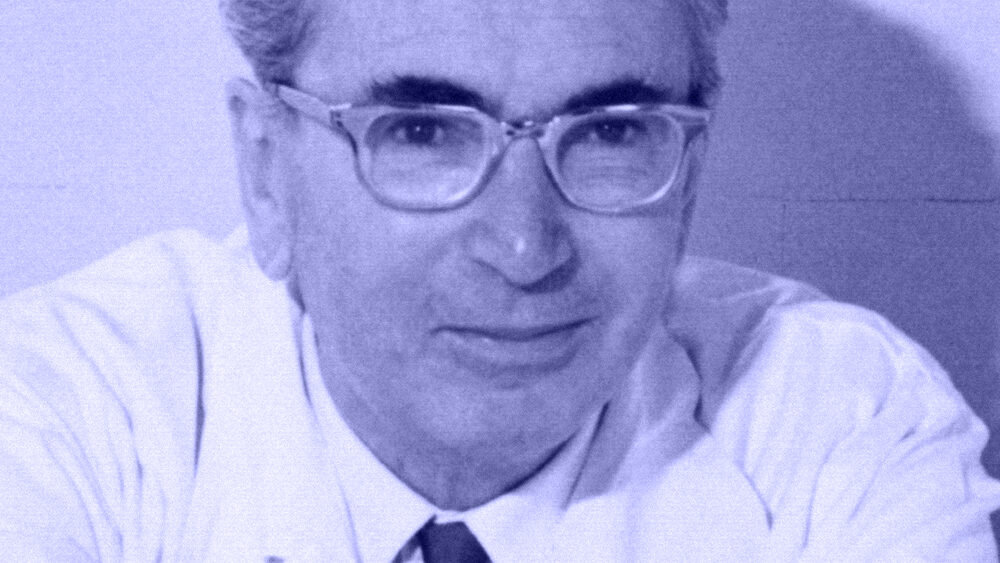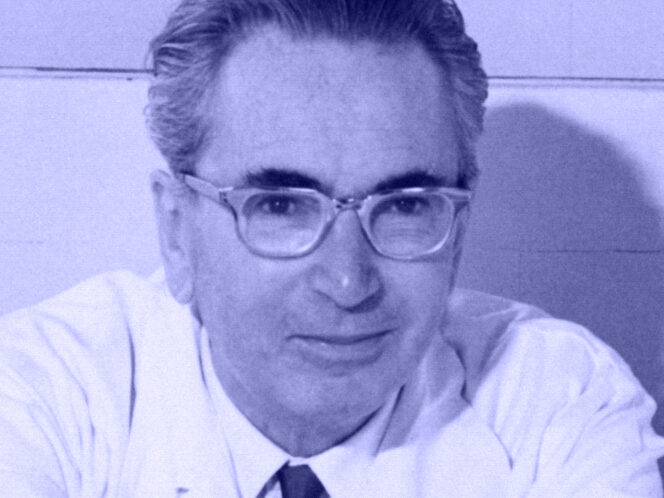
He survived the Holocaust by being hopeful about the future, and graciously accepted all experiences and people that fate brought his way. Today, the Viennese psychiatrist Viktor Frankl is recognized—alongside Sigmund Freud and Alfred Adler—as a key figure of psychotherapy.
In the postscript to his most famous book, Man’s Search for Meaning, Frankl writes: “[…] each of the moments of which life consists is dying, and that moment will never recur. And yet is not this transitoriness a reminder that challenges us to make the best possible use of each moment of our lives? It certainly is, and hence my imperative: Live as if you were living for the second time and had acted as wrongly the first time as you are about to act now.”
Born in Vienna in 1905, Frankl is now recognized – alongside Sigmund Freud and Alfred Adler – as a key figure of psychotherapy: he created the third Viennese psychotherapeutic school, logotherapy. During World War II, he spent three years in concentration camps: Theresienstadt, Auschwitz, Kaufering III and Türkheim. In his books, Frankl described the experience of fighting for survival, which became a key element of his idea (later developed during the interwar period) of finding the meaning of life.
Frankl was well-educated—in his work, he combined neurology, psychotherapy and philosophy; he is the author of over thirty books. On his first day in Auschwitz, his first manuscript – The Doctor and the Soul – was confiscated, along with his clothing and all personal belongings. “I am convinced that I owe my survival [in Auschwitz], among other things, to my decision to recreate this lost manuscript.” Frankl worked on the book when








